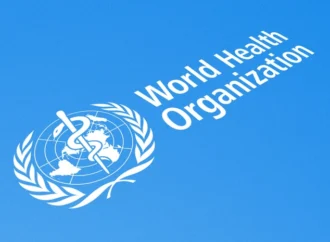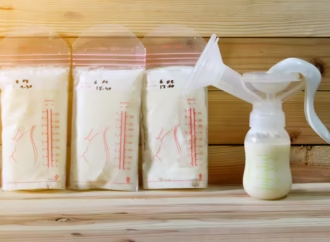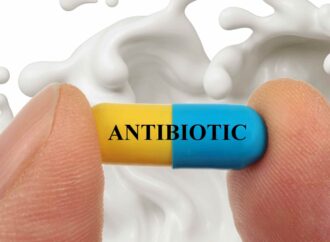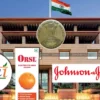 Food Manifest
Food Manifest
The house of resource for food safety.
WHO
- Home
- WHO

Doctors Welcome Ban on Fake ORS Drinks: ‘A Much-Needed Move’0
- A to Z, Food Hygiene, Food Safety
- October 23, 2025
Overview Doctors across India have welcomed the Food Safety and Standards Authority of India’s (FSSAI) decision to ban the use of the term “ORS” on packaged beverages, calling it a long-overdue move to protect children’s health. For years, several flavoured drinks marketed as “ORS” or “hydration beverages” misled consumers and put young patients at risk.
READ MORE
Delhi High Court Halts FSSAI’s ORS Order, Grants Relief to JNTL0
- A to Z, Food Hygiene, Health & Wellness, News
- October 21, 2025
Key Update The Delhi High Court granted interim protection to JNTL Consumer Health (India) in its petition challenging the Food Safety and Standards Authority of India’s (FSSAI) sudden revocation of approvals allowing the use of “ORS” with prefixes or suffixes in registered trademarks for electrolyte and beverage products. Justice Sachin Datta directed FSSAI not to
READ MORE
WHO: Industry Lobbying Blocks Governments from Tackling NCDs0
- A to Z, Food Hygiene, Food Safety, Health & Wellness, News
- September 19, 2025
Key Update The World Health Organisation (WHO) has warned that lobbying by tobacco, alcohol, and ultra-processed food companies is preventing governments from implementing critical health policies. The UN will dedicate a day next Thursday to addressing non-communicable diseases (NCDs), such as cancer and heart disease, during its annual meeting in New York. WHO emphasised that
READ MORE

GST Hike on Sugary Drinks Sparks Debate Over Sweets Exemption0
- A to Z, Food Hygiene, Food Safety, Health & Wellness, News
- September 9, 2025
Overview The GST Council, led by Finance Minister Nirmala Sitharaman, has classified cold drinks, iced teas, energy beverages, and other sugary beverages under the 40% “sin goods” slab, effective September 22. The move aims to reduce sugar consumption, a major contributor to lifestyle diseases. Meanwhile, traditional Indian sweets like gulab jamun, rasgulla, kaju katli, and
READ MORE
Mothers Selling Breast Milk Online – Is It Safe for Babies?0
- A to Z, Food Hygiene, Food Safety, Health & Wellness, News
- July 31, 2025
Key Development A growing number of women, especially in the US, are selling their extra breast milk online. Some reportedly earn up to ₹87,000 a month. Parents unable to breastfeed are turning to Facebook, WhatsApp groups, and informal platforms to buy this milk. Even bodybuilders are consuming it, believing it’s rich in nutrients. But is
READ MORE
IIT (BHU) Team Develops Portable Sensor to Detect Antibiotic Residues in Food0
- A to Z, Food Hygiene, Food Safety, New Technology, News
- July 30, 2025
Key Development Researchers at the Indian Institute of Technology (BHU), Varanasi, have developed a state-of-the-art, dual-mode electrochemical sensor that can quickly detect Enrofloxacin, a commonly used antibiotic in the livestock industry. The innovation aims to improve food safety and tackle antimicrobial resistance. The team integrated magnetic molecularly imprinted polymers (MMIPs) with electrochemical detection techniques to
READ MORE














